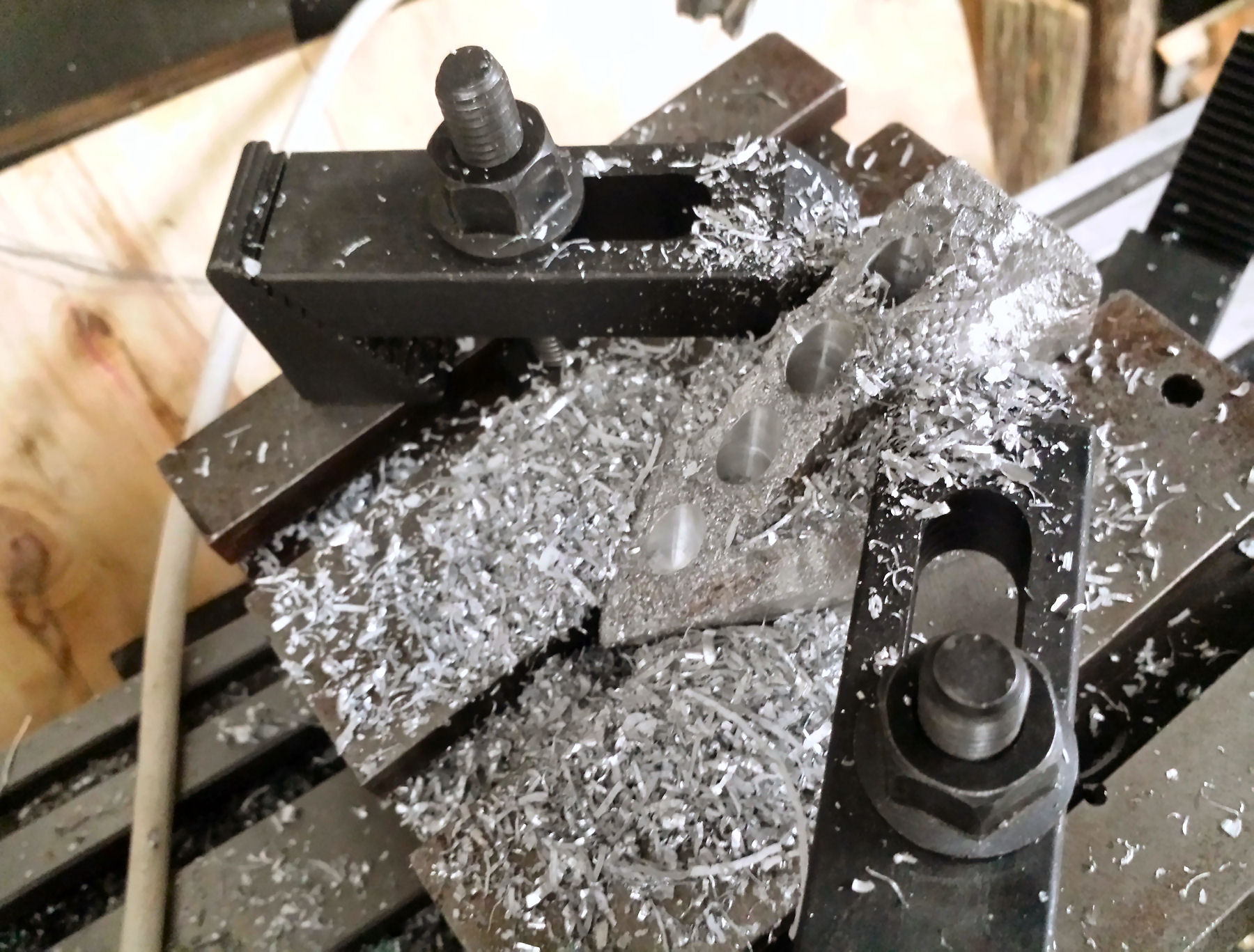What Does Alcast Company Do?
What Does Alcast Company Do?
Blog Article
3 Simple Techniques For Alcast Company
Table of Contents8 Simple Techniques For Alcast CompanyThe Greatest Guide To Alcast CompanyAlcast Company - An OverviewWhat Does Alcast Company Mean?The 8-Minute Rule for Alcast CompanyLittle Known Questions About Alcast Company.
Chemical Contrast of Cast Light weight aluminum Alloys Silicon advertises castability by lowering the alloy's melting temperature and boosting fluidity during casting. Furthermore, silicon adds to the alloy's strength and use resistance, making it important in applications where toughness is critical, such as automobile parts and engine elements.It also improves the machinability of the alloy, making it easier to refine into completed products. In this method, iron adds to the general workability of light weight aluminum alloys.
Manganese contributes to the stamina of aluminum alloys and enhances workability. Magnesium is a lightweight element that offers stamina and effect resistance to light weight aluminum alloys.
Things about Alcast Company
It allows the production of light-weight components with outstanding mechanical properties. Zinc enhances the castability of aluminum alloys and aids regulate the solidification procedure throughout spreading. It improves the alloy's toughness and hardness. It is usually discovered in applications where complex shapes and great information are essential, such as decorative spreadings and particular vehicle components.

The primary thermal conductivity, tensile stamina, yield strength, and prolongation vary. Select ideal resources according to the efficiency of the target product created. Among the above alloys, A356 has the highest possible thermal conductivity, and A380 and ADC12 have the lowest. The tensile limitation is the contrary. A360 has the most effective return stamina and the highest elongation price.
The Single Strategy To Use For Alcast Company

In accuracy spreading, 6063 is well-suited for applications where intricate geometries and high-grade surface coatings are extremely important. Examples include telecommunication units, where the alloy's superior formability permits streamlined and aesthetically pleasing styles while keeping architectural integrity. In the Illumination Solutions sector, precision-cast 6063 elements produce stylish and reliable lighting components that require intricate forms and excellent thermal performance.
The A360 displays superior prolongation, making it suitable for complex and thin-walled elements. In accuracy casting applications, A360 is well-suited for sectors such as Consumer Electronic Devices, Telecommunication, and Power Tools.
The Only Guide for Alcast Company
Its unique buildings make A360 an important choice for precision casting in these markets, improving item toughness and quality. Casting Foundry. Aluminum alloy 380, or A380, is an extensively utilized casting alloy with several distinct characteristics.
In precision spreading, light weight aluminum 413 radiates in the Consumer Electronics and Power Tools markets. This alloy's premium corrosion resistance makes it an outstanding choice for exterior applications, guaranteeing durable, resilient products in the discussed markets.
Alcast Company for Dummies
The light weight aluminum alloy you pick will significantly impact both the casting procedure and the buildings of the last item. Because of this, you must make your decision thoroughly and take an informed technique.
Determining the most ideal light weight aluminum alloy for your application will certainly mean considering a broad variety of characteristics. These comparative alloy attributes adhere to the North American Pass Away Casting Association's guidelines, and we have actually separated them into two groups. The first category addresses alloy attributes that impact the production procedure. The second covers attributes affecting the buildings of the end product.
The Buzz on Alcast Company
The alloy you select for die spreading straight influences several facets of the spreading procedure, like how easy the alloy is to collaborate with and if it is prone to casting issues. Hot cracking, also known as solidification cracking, is a typical die spreading defect for aluminum alloys that can result in interior or surface-level rips or cracks.
Certain light why not try this out weight aluminum alloys are more prone to hot splitting than others, and your option must consider this. An additional common issue discovered in the die casting of aluminum is die soldering, which is when the cast adheres to the die wall surfaces and makes ejection difficult. It can damage both the actors and the die, so you need to seek alloys with high anti-soldering residential or commercial properties.
Rust resistance, which is currently a noteworthy characteristic of aluminum, can vary considerably from alloy to alloy and is an important characteristic to take into consideration relying on the ecological conditions your item will certainly be revealed to (Foundry). Put on resistance is one more home generally looked for in light weight aluminum products and can set apart some alloys
Report this page